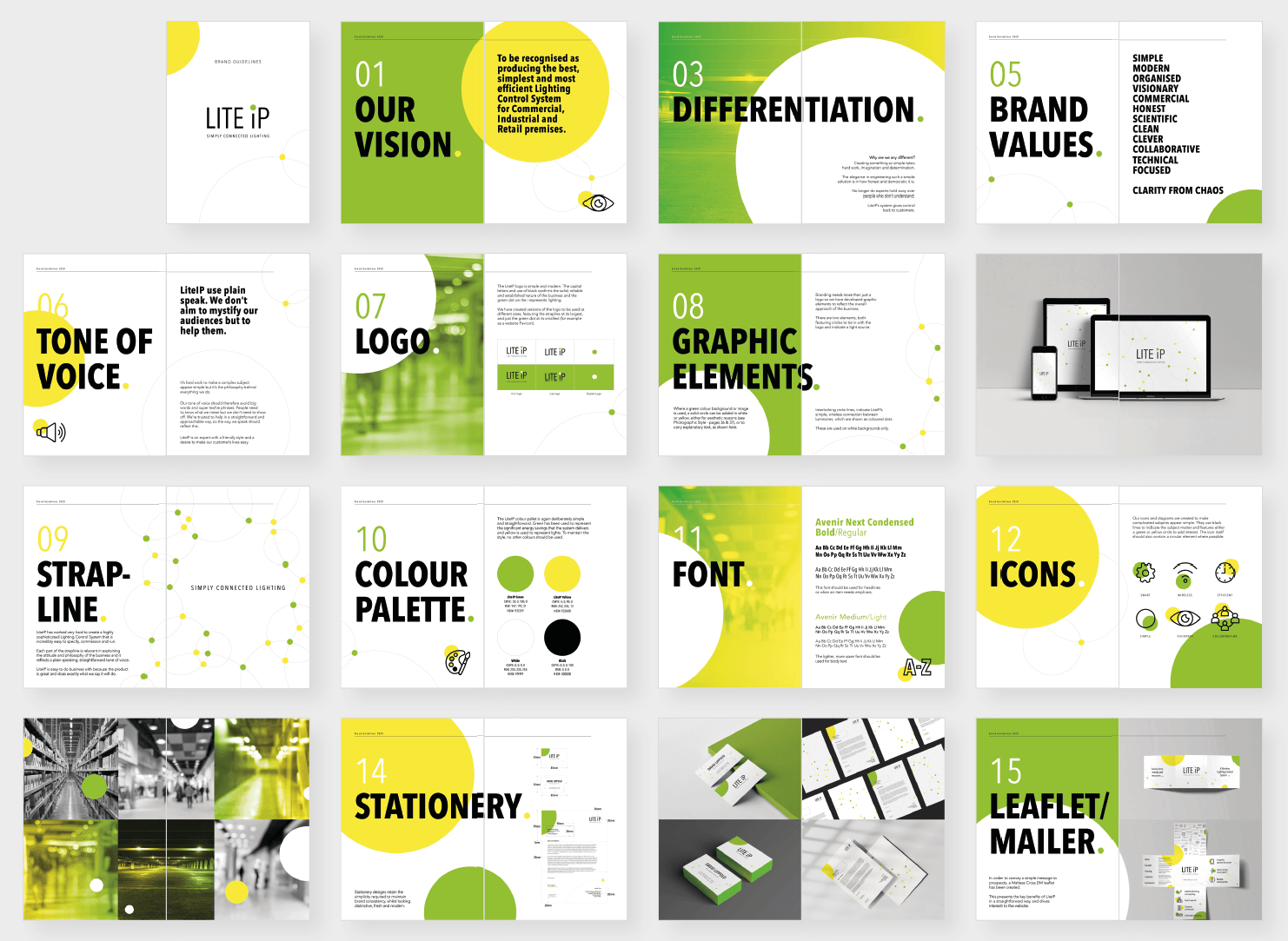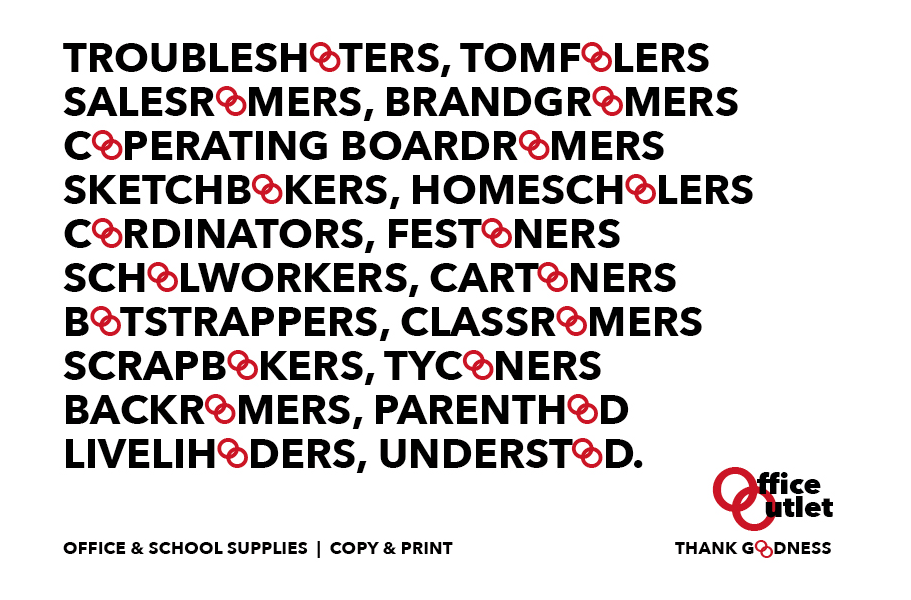Trial & Error and the God Complex
Why certainty in branding is both attractive and dangerous...
Tim Harford is the maker of one of the best blogs I've heard in recent years; Cautionary Tales. In it he tells stories of human error, of tragic catastrophes and hilarious fiascos. Oil tankers crash in broad daylight, vital military ideas are carelessly given away to the Nazis, and a shouty man in a uniform pulls off an audacious heist. Alongside the drama, each story has a moral that emerges from psychology, economics, even design. And in each of these he draws remarkable conclusions and lessons for everyday life in the 21st Century.
Check it out here;
http://timharford.com/etc/more-or-less/
He also has a brilliant Ted talk to take a look at;
https://www.ted.com/talks/tim_harford_trial_error_and_the_god_complex#t-822959
His Ted talk really got me to thinking; how does the desire to create brands that demonstrate certainty work in an economy like ours; one that actually evolves by trial and error?
We know that people respond to certainty - it's how many of our more dubious politicians got themselves elected. So brands that have certainty, about their philosophy, about their products, and about their beliefs, are attractive to consumers.
But we also know that individuals with certainty, or 'the God complex' as Tim calls it, have caused many of the most terrible moments in the history of mankind. Mainly because they obstinately refused to change direction.
So, for a brand, having a clear direction should be tempered with a willingness to respond to events. "Knowing what we know today means we are heading this way, but that will change if we learn something new." Massive brands like Nokia didn't quite manage this. Nor did Kodak or Blockbuster Video.
Had these huge companies had a different approach, could they have retained the flexible mindset needed to evolve? If they had articulated a broader conviction, from top to bottom, would it have helped?
Imagine Blockbuster Video having a conviction along the lines of; 'we believe in the power of cinema to change the world'. And what if they had created Netflix's current strapline 'see what's next '? Clearly both of these are very broad outlooks and completely agnostic to the retail model that obsessed them to the point of destruction. We'll never know for sure, but check out a view of Blockbuster's demise from the CMO at the time; https://www.marketingweek.com/blockbusters-cmo-failure/
Having a conviction gives brands something to constantly chase after, something to innovate in the name of, something to find new ways of delivering.
So might it be the way to offer certainty without succumbing to the God complex? By truly embracing the power of trial and error.






